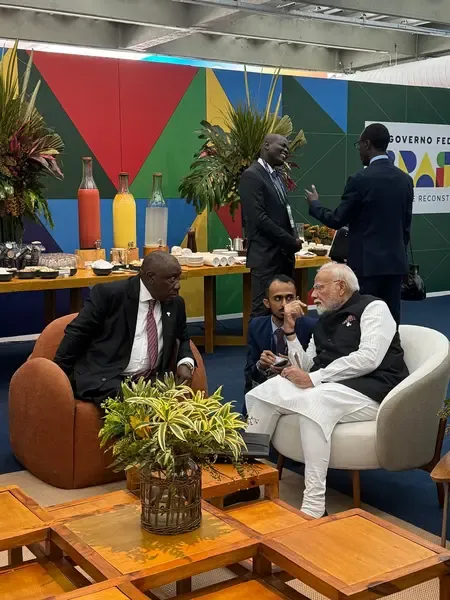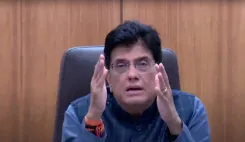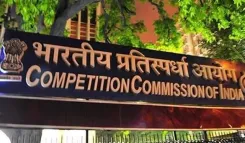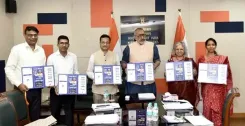Is India a Reliable Partner for African Nations in Economic Growth?

Synopsis
Key Takeaways
- India is a key partner in Africa’s development through various cooperative initiatives.
- Focus on local priorities ensures that projects are relevant and beneficial.
- Innovative partnerships in healthcare and security are paving the way for growth.
- India’s advocacy for Africa’s G20 membership shows commitment to global inclusion.
- Investment in critical minerals reflects a strategic approach to sustainable development.
New Delhi, Sep 2 (NationPress) India is establishing itself as a trustworthy ally for African nations, emphasizing strong government-to-government partnerships aimed at enhancing healthcare, training naval personnel, providing financial support for small and medium businesses, and distributing affordable vaccines, as reported by Kenya’s Capital News.
The article highlights India’s role as a dependable partner for African countries, particularly in its commitment to working with the Global South. A notable example is West Africa’s EBID, which secured a $40 million line of credit from India’s Exim Bank for various infrastructure, energy, agriculture, and health projects in August.
Significantly, these funds are routed through African institutions, ensuring that no single government is tied to one foreign contractor. This exemplifies South–South cooperation at its finest: African priorities are met with Indian funding and expertise, the article notes.
Furthermore, security cooperation follows a similar model, with India focusing on training and equipping African navies across regions from the Gulf of Aden to the Mozambique Channel.
In June, agreements on submarine cooperation were signed between India and South Africa, while Tanzania hosted DefExpo 2025, showcasing numerous Indian companies providing technology tailored to local requirements.
India’s role in health as a “textbook partner” is even more pronounced. In June, the African Union and India collaborated on initiatives related to affordable medicines, digital health, and telemedicine.
This year, Uganda's nationwide rollout of the R21/Matrix-M malaria vaccine, produced at India’s Serum Institute, shifts Africa from pilot programs to full population-level protection. Here, India offers technology transfer, cost-effective solutions, and system support — a stark contrast to extractive practices, the article emphasizes.
In the critical minerals sector, India is developing transparent partnerships in Rare-Earth mining with Zambia, Zimbabwe, Mozambique, Malawi, and Côte d’Ivoire, combining these deals with research, skills transfer, and ambitions for local industrial growth. African business media have recognized this as economic statecraft through contracts and education, not coercion.
The article also notes that as the G20 president in 2024, India is advocating for Africa’s permanent membership, responding to longstanding demands for global inclusion. During the COVID-19 pandemic, India provided vaccines and medical supplies to numerous African nations as a show of solidarity.







